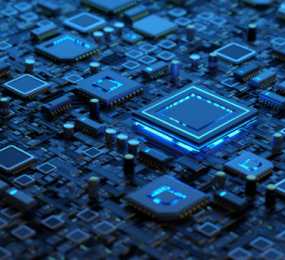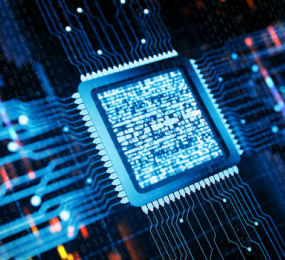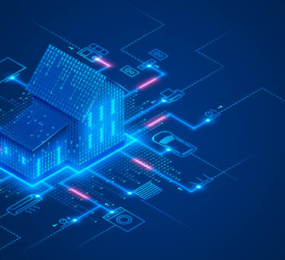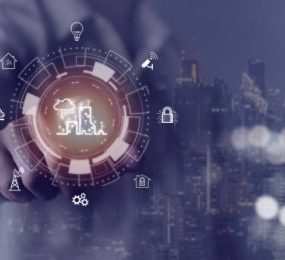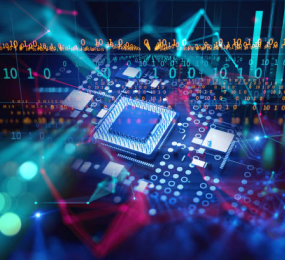The Impact of IoT (Internet of Things) Devices on Energy Cyber Security
The proliferation of IoT (Internet of Things) devices has significantly transformed the energy sector, offering enhanced efficiency and connectivity. However, this advancement also introduces substantial cyber security challenges. IoT devices in energy infrastructures, such as smart meters, grid management systems, and automated control systems, provide real-time data and automation that improve operational efficiency and energy management. Yet, their connectivity exposes critical energy systems to potential cyber threats.
Cybersecurity in the energy sector is crucial, as any breach can disrupt power supplies, leading to significant economic and societal impacts. IoT devices, often built with minimal security protocols, become attractive targets for cybercriminals. They can exploit vulnerabilities to launch attacks such as Denial of Service (DoS), data breaches, and unauthorized access, which can compromise the integrity of energy systems.
To mitigate these risks, robust cybersecurity measures are essential. This includes the implementation of advanced encryption, regular security updates, and rigorous network monitoring. Additionally, adopting a multi-layered security approach that integrates both physical and cyber defenses can fortify energy systems against potential threats. By prioritizing cybersecurity in IoT integration, the energy sector can harness the benefits of smart technology while safeguarding against cyber threats.
Visit our website to know more: https://www.leadventgrp.com/events/2nd-annual-energy-and-utilities-cyber-security-forum/details
For more information and group participation, contact us: [email protected]
Leadvent Group - Industry Leading Events for Business Leaders!
www.leadventgrp.com| [email protected]



